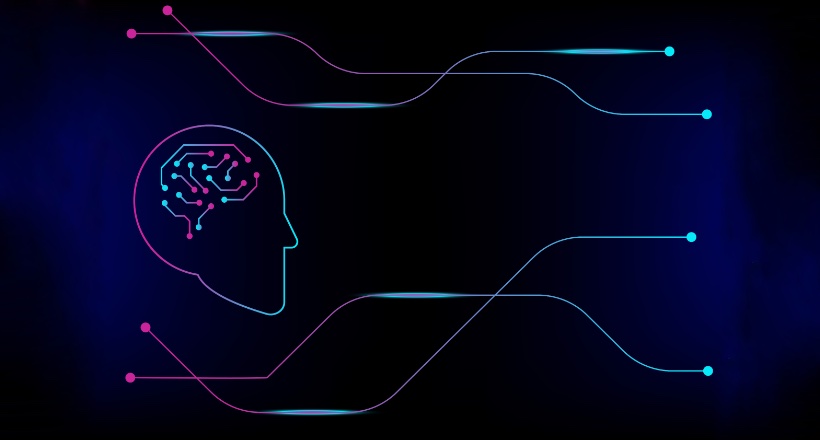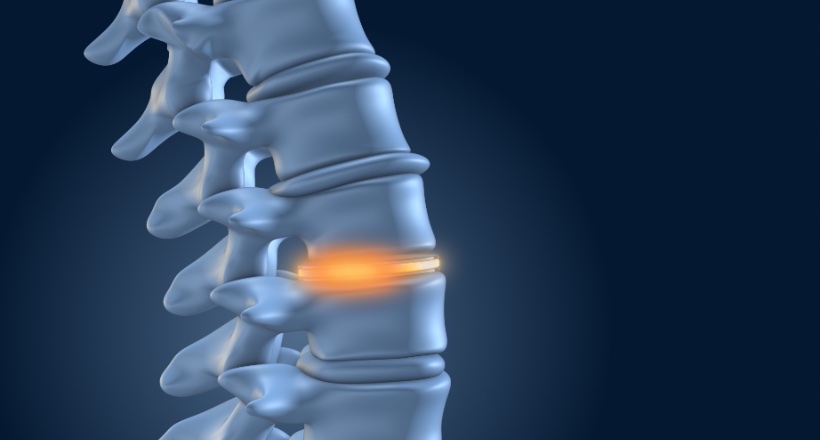Scientific breakthrough: Israeli scientists have given a paralyzed patient the ability to speak through the power of thought
Researchers from Tel Aviv University and the Sourasky Medical Center (Ichilov Hospital) have demonstrated an impressive scientific breakthrough, allowing a paralyzed patient to generate speech using only the power of thought.

As reported by NEWSru.co.il, a team of scientists led by Drs. Ariel Tankus and Ido Strauss managed to link speech parts to the activity of individual cells in brain regions for the first time in history. During the experiment, the patient imagined pronouncing one of two sounds. Deep electrodes implanted in his brain transmitted electrical signals to a computer, which then vocalized these sounds.
The research materials were published in the prestigious journal Neurosurgery, issued by the American Association of Neurological Surgeons.
Dr. Tankus explained: “When the electrodes were implanted in the patient’s brain, we asked him to pronounce aloud two sounds: /a/ and /i/. Having recorded the brain activity at the moment of pronunciation, we trained an artificial intelligence model to identify specific brain cells whose electrical activity indicates the desire to pronounce these sounds. The computer successfully converted the electrical signals and reproduced the previously recorded sounds.”
This breakthrough gives hope that people who are completely paralyzed due to diseases or injuries will be able to regain the ability to speak. Dr. Tankus added: “At this point, our research includes just two building blocks of speech, two sounds. Of course, our goal is to achieve full speech, but even two different sounds can allow a completely paralyzed person to signal ‘yes’ and ‘no’. In the future, it will be possible to train the computer to work with patients with amyotrophic lateral sclerosis (ALS) at the early stages of the disease, while they can still speak.”
The study, supported by a grant from the Ministry of Innovation, Science and Technology of Israel, demonstrates significant potential in the field of neurointerfaces and artificial intelligence, opening new possibilities for restoring communication in patients with severe motor impairments.
As reported by NEWSru.co.il, during the experiment, the silent participant imagined pronouncing one of two sounds. Deep electrodes implanted in his brain transmitted electrical signals to a computer, which then vocalized them.
The study is described in the publication Medicalxpress.
The study was led by Dr. Ariel Tankus and Dr. Ido Strauss from the School of Medical Sciences at Tel Aviv University. Its results are published in the journal Neurosurgery, the official publication of the Congress of Neurological Surgeons, and give hope that people who are completely paralyzed as a result of various diseases or injuries will be able to regain the ability to speak.
Dr. Tankus: “Our study participant was an epilepsy patient who was hospitalized for the resection of an epileptic focus in the brain. To do this, it’s necessary to find this focus – the source of the ‘short circuit’ sending powerful electrical waves through the brain. This concerns a smaller group of epilepsy patients who respond poorly to medications and require neurosurgical intervention, as well as an even smaller group of epileptics whose presumed focus is located deep inside the brain, not on the surface of its cortex. To determine the exact location of the ‘focus’, it is necessary to implant electrodes into the deep structures of the brain and wait for the next epileptic seizure. When it happens, the electrodes inform neurologists and neurosurgeons where the focus is, allowing them to precisely remove it. From a scientific point of view, this provides a rare opportunity to look into the depths of a living human brain. Fortunately, our patient agreed to participate in the experiment, which ultimately may help completely paralyzed people to express their thoughts through artificial speech again.”
When the electrodes were implanted in the patient’s brain, researchers asked him to pronounce aloud two sounds: /a/ and /i/. They recorded the brain activity at the moment of pronunciation, and trained an artificial intelligence model to identify specific brain cells whose electrical activity indicates the desire to pronounce /a/ or /i/. Once the computer learned to recognize the structure of electrical activity associated with these two sounds in the patient’s brain, he was asked to silently imagine that he was saying /a/ and /i/ again. The computer successfully converted the electrical signals and reproduced the previously recorded sounds – /a/ or /i/, respectively.
Dr. Tankus: “For the first time in history, we managed to link parts of speech to the activity of individual cells from brain regions. This allowed us to distinguish electrical signals denoting sounds /a/ and /i/. At this point, our research includes just two building blocks of speech, two sounds. Of course, our goal is to achieve full speech, but even two different sounds can allow a completely paralyzed person to signal ‘yes’ and ‘no’. Thus, in the future, it will be possible to train the computer to work with patients with amyotrophic lateral sclerosis (ALS) at the early stages of the disease, while they can still speak. The computer will learn to recognize electrical signals in the patient’s brain, allowing it to interpret these signals even after the patient loses the ability to move muscles.”
The study was supported by a grant from the Ministry of Innovation, Science and Technology of Israel.





